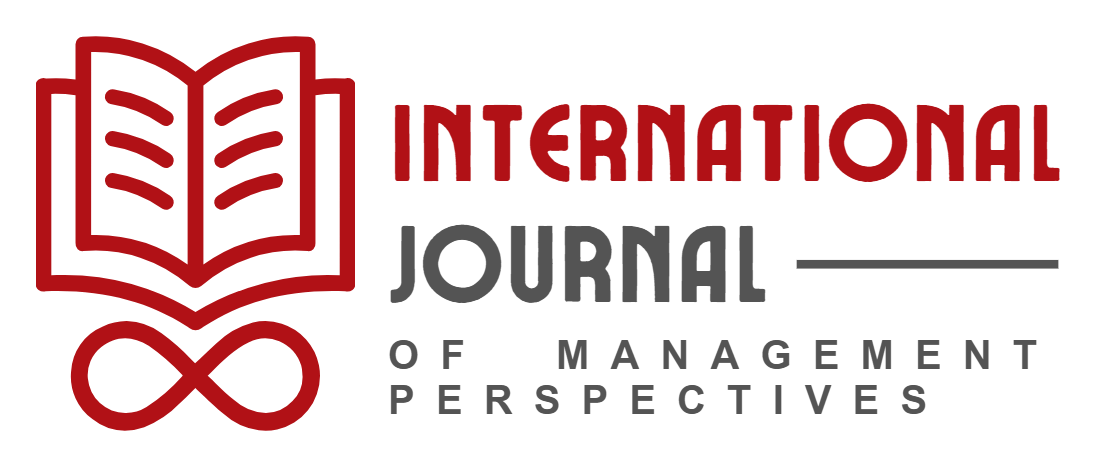LETS COMMEMMORATE HUMAN RIGHTS DAY
Human Rights Day is commemorated annually on March 21st to hallmark the sacrifices made during the struggle for the attainment of democracy in South Africa. This commemoration traces to the systematic defiance and protests against Apartheid and racism across the country.
On March 21st, demonstrators from Sharpeville as well as community members throughout the country embarked on a series of protests against past legislation. In what became known as the Sharpeville massacre, police shot and killed 69 protesters at Sharpeville, many of them shot while fleeing. Many other people were killed in other parts of the country.
The South African Constitution is the ultimate protector of all South Africans’ human rights, which were previously denied to the majority. Human Rights Day is commemorated to reinforce our commitment to the Bill of Rights as enshrined in Chapter 2 of the Constitution.
These rights include:
- Equality — everyone is equal before the law and has the right to equal protection and benefit of the law.
- Human dignity — everyone has inherent dignity and have their dignity respected and protected.
- Freedom of movement and residence — everyone has a right to freedom of movement and to reside anywhere in the country.
- Language and culture — everyone has the right to use the language and to participate in the cultural life of their choice.
- Life – everyone has the right to life.
While the country has much to celebrate, poverty remains a crucial issue and people’s living conditions have worsened over time, especially in previously disadvantaged areas. For example, in an article published on News24.com, residents of Nkantolo and surrounding villages say they attach no value to the celebrations because every day is a struggle.
For them, the rights to water, healthcare, food, proper housing, a quality education for their children and human dignity, applies mainly to other people. Zazi Faku, a married father with 5 children and 5 grandchildren is quoted as saying:
“We don’t have a clinic in our village. Last year, my grandchild was burnt by boiling water and we had to travel more than 5km to the nearest clinic. If we had one in our village here in Esikhumbeni, we would not be traveling that long for such a minor thing,”
“Healthcare is a huge problem here because, even after you have paid a lot of money to get to the clinic when you arrive, you are told there is no medication.
We are also made to stand in long queues because there is a shortage of nurses”. Faku’s neighbor, Mxolisi Mpantsha, 73, says that, for him, water and access to education are the biggest problems.
“There is no water in all of Mbizana. We fight with cattle for drinking water. It is better now because there has been raining in the past few weeks. We need water in Mbizana urgently. We cannot be expected to drink from the same river as cows.”
Human Rights is a topic coupled with responsibilities and we all have the responsibility to build a society that respects the rule of law. Whether we are at the workplace, within communities, at schools, or with our partners and children, we all need to demonstrate the kind of response that we would like to see in our country’s future. We all have a responsibility to ensure that our human rights record and history are preserved and strengthened for future generations.
Furthermore, Government should not stonewall its responsibilities in securing the principles which promote Human Rights. An executive must remain accountable to its electorate and strive to fulfill their duties to protect South African Citizens as prescribed by the Constitution. Moreover, the state should appoint appropriately qualified individuals to the relevant positions in the corresponding institutions and government departments.
Since much can be said, here are 3 ways in which South African citizens can observe human rights:
- Historical visits – There are many historical museums across South Africa you can visit, find one closest to you and get a glimpse of your history.
- Site visits – South Africa’s premier art museum houses outstanding collections of South African, African, British, French, Dutch and Flemish art. Selections from the Permanent Collection change regularly to enable the museum to have a full programme of temporary exhibitions of paintings, works on paper, photography, sculpture, beadwork, textiles, and architecture.
- Memorial sites – There are three recognised memorial sites of the Sharpeville Massacre. These sites are the memorial garden, the police station where the masses gathered and the graves of those who were killed which can be found in the Phelindaba Cemetery.
References:
Things you can do to commemorate Human Rights Day | News24
Human Rights Day: Where are our rights? | News24
Human Rights Day 2018 | South African Government
Human Right Day celebrations | News24









